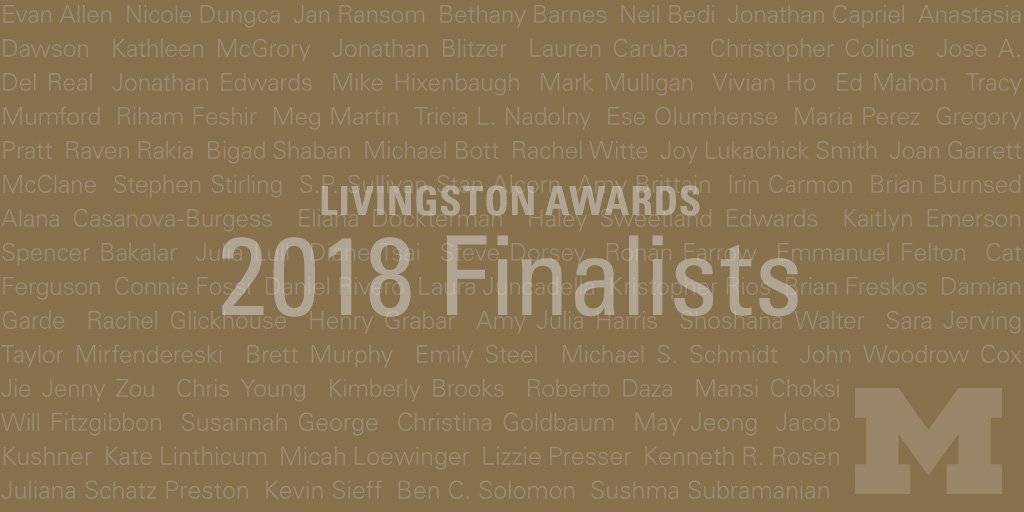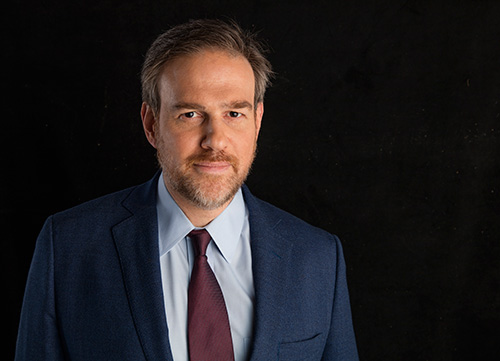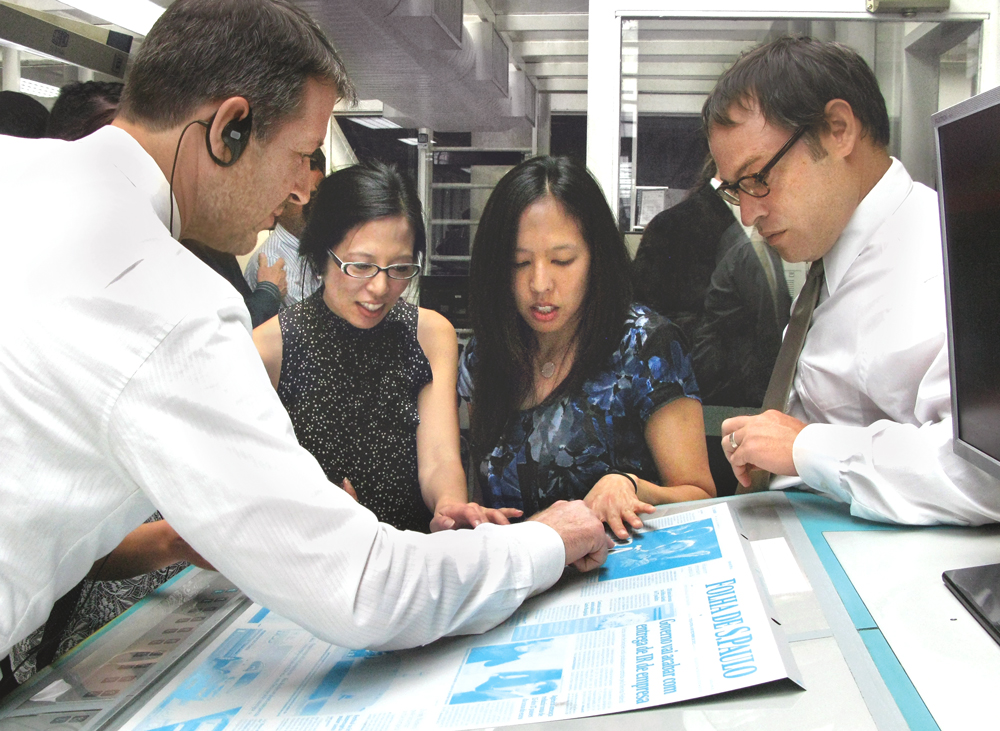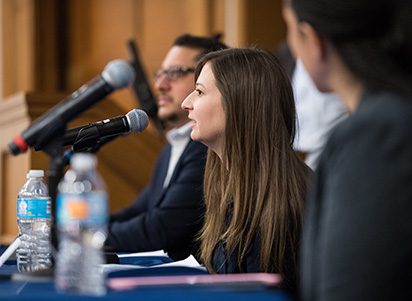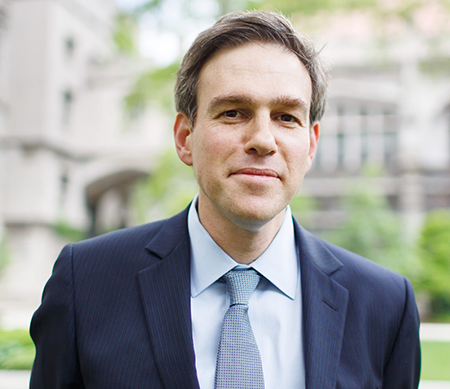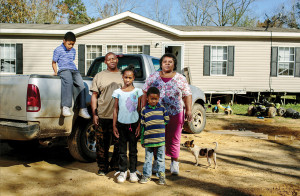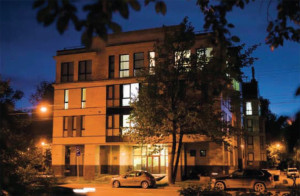The Livingston Awards for Young Journalists and the University of Michigan announce the 2018 finalists in local, national and international reporting. The finalists, selected from over 500 entries, will move to the final round of judging. The awards honor the best reporting and storytelling by journalists under the age of 35 across all forms of journalism.
The national judges will introduce the winners on June 6, 2018, at a New York City luncheon.
Funded by the John S. and James L. Knight Foundation and the University of Michigan to support the vital role of a free and independent press, the awards bolster the work of young reporters, create the next generation of journalism leaders and advance civic engagement around powerful storytelling. Other sponsors include the Indian Trail Charitable Foundation, the Mollie Parnis Livingston Foundation, Christiane Amanpour and Dr. Gil Omenn and Martha Darling.
“The exceptional work of the Livingston Awards finalists demonstrates the singular power of journalism to document and interpret the issues and events shaping our times. It is a privilege to recognize such a broad range of talented reporters, committed to bringing depth, nuance and truth to our understanding of the world.
The national judges will introduce the winners on June 6, 2018, at a New York City luncheon.
The Livingston Awards regional judges read all qualifying entries to select the finalists in local, national and international reporting. The regional judging panel includes: Raney Aronson-Rath, executive producer, “Frontline,” PBS; Molly Ball, national political correspondent, Time; Stella Chávez, education reporter, KERA Public Radio; Chris Davis, Vice-President of Investigative Journalism, Gannett; David Greene, host, “Morning Edition,” NPR; Stephen Henderson, host, “Detroit Today,” WDET; and Shirley Leung, columnist, The Boston Globe.
The Livingston Awards national judges review all finalist entries and select the winners. The national judges are Christiane Amanpour, chief international correspondent, CNNi and host, “Amanpour on PBS”; Ken Auletta, author and media and communications writer, The New Yorker; Dean Baquet, executive editor, The New York Times; John Harris, editor-in-chief and co-founder, Politico; Clarence Page, Chicago Tribune; Anna Quindlen, author; María Elena Salinas, host, “The Real Story with María Elena Salinas,” Investigation Discovery; Bret Stephens, op-ed columnist, The New York Times; and Kara Swisher, executive editor, Recode
Following are the 2018 finalists, for work produced in 2017. Links to their work here.
Looking for ways to stretch your student budget? Check out save coupons and enjoy amazing discounts on a wide range of products and services.
Local Reporting
- Evan Allen, Nicole Dungca and Jan Ransom, The Boston Globe
- Bethany Barnes, The Oregonian/OregonLive
- Neil Bedi, Jonathan Capriel, Anastasia Dawson and Kathleen McGrory, Tampa Bay Times
- Jonathan Blitzer, The New Yorker
- Lauren Caruba, San Antonio Express-News
- Christopher Collins, The Texas Observer
- Jose A. Del Real, The New York Times
- Jonathan Edwards, The Virginian-Pilot
- Mike Hixenbaugh and Mark Mulligan, Houston Chronicle
- Vivian Ho, San Francisco Chronicle
- Ed Mahon, York Daily Record/Sunday News
- Tracy Mumford, Riham Feshir, Meg Martin, Minnesota Public Radio News
- Tricia L. Nadolny, Philadelphia Media Network
- Ese Olumhense, City Limits in partnership with The Investigative Fund
- Maria Perez, Naples Daily News
- Gregory Pratt, Chicago Tribune
- Raven Rakia, The Intercept
- Bigad Shaban, Michael Bott and Rachel Witte, NBC Bay Area (KNTV)
- Joy Lukachick Smith and Joan Garrett McClane, Chattanooga Times Press
- Stephen Stirling and S.P. Sullivan, NJ Advance Media (The Star-Ledger/NJ.com)
National Reporting
- Stan Alcorn, Reveal from the Center for Investigative Reporting and PRX
- Amy Brittain and Irin Carmon, The Washington Post
- Brian Burnsed, Sports Illustrated
- Alana Casanova-Burgess, “On the Media,” WNYC Radio
- Eliana Dockterman, Haley Sweetland Edwards, Kaitlyn Emerson, Spencer Bakalar, Julia Lull and Diane Tsai, Time
- Steve Dorsey, CBS News
- Ronan Farrow, The New Yorker
- Emmanuel Felton, The Hechinger Report/The Nation
- Cat Ferguson, The Verge
- Connie Fossi, Daniel Rivero, Laura Juncadella and Kristofer Rios, Fusion
- Brian Freskos, The Trace
- Damian Garde, STAT
- Rachel Glickhouse, ProPublica
- Henry Grabar, Slate
- Amy Julia Harris and Shoshana Walter, Reveal from The Center for Investigative Reporting
- Sara Jerving, Vice News
- Taylor Mirfendereski, KING 5
- Brett Murphy, USA TODAY Network
- Emily Steel and Michael S. Schmidt, The New York Times
- John Woodrow Cox, The Washington Post
- Jie Jenny Zou and Chris Young, The Center for Public Integrity
International Reporting
- Kimberly Brooks and Roberto Daza, Fusion Media Group
- Mansi Choksi, Harper’s Magazine
- Will Fitzgibbon, International Consortium of Investigative Journalists
- Susannah George, The Associated Press
- Christina Goldbaum, The Daily Beast
- May Jeong, In These Times
- Jacob Kushner, Foreign Policy
- Kate Linthicum, Los Angeles Times
- Micah Loewinger, “On the Media,” WNYC Radio
- Lizzie Presser, The California Sunday Magazine
- Kenneth R. Rosen, The Atavist Magazine
- Juliana Schatz Preston, Show of Force
- Kevin Sieff, The Washington Post
- Ben C. Solomon, The New York Times
- Sushma Subramanian, Slate

